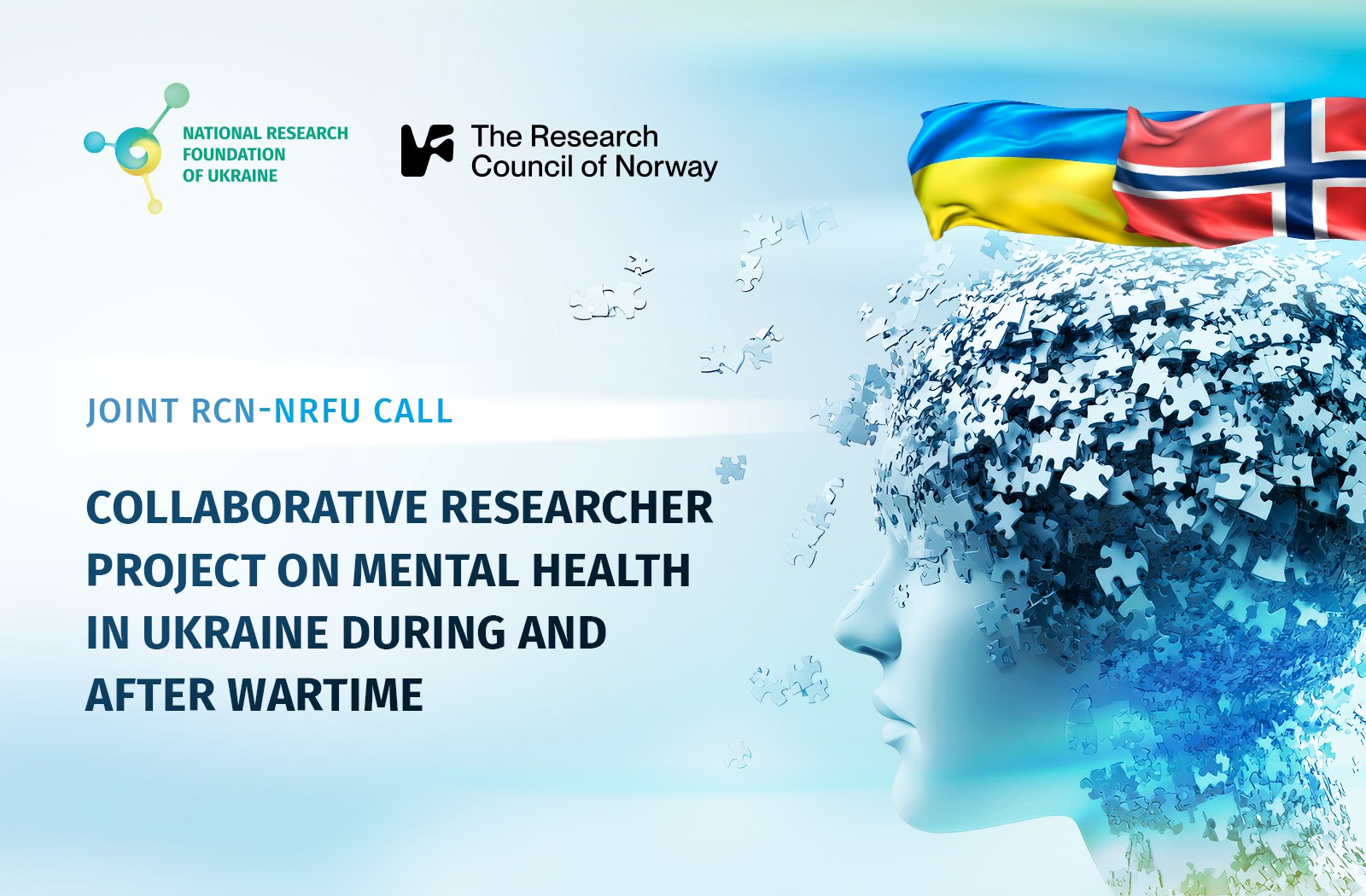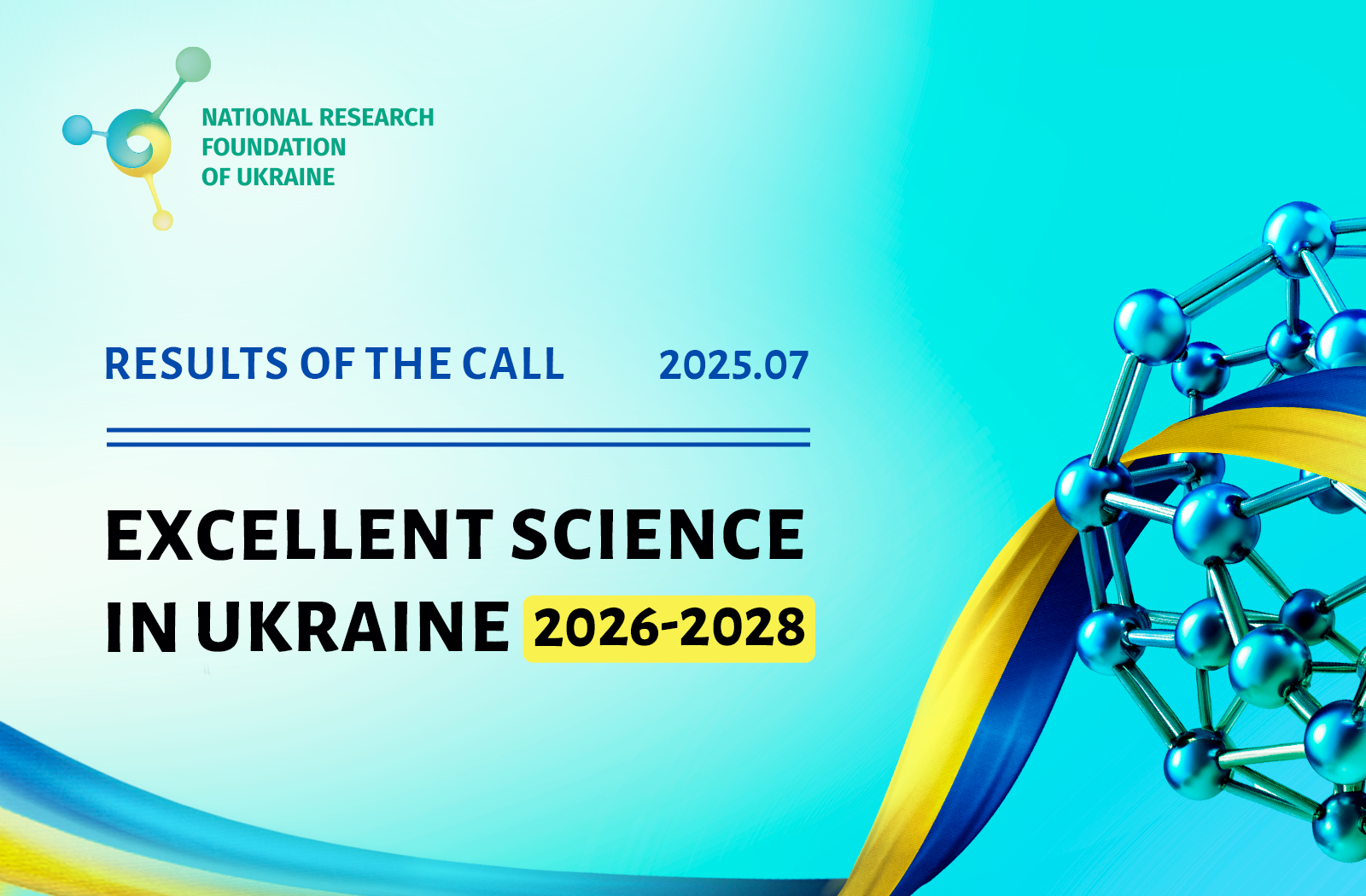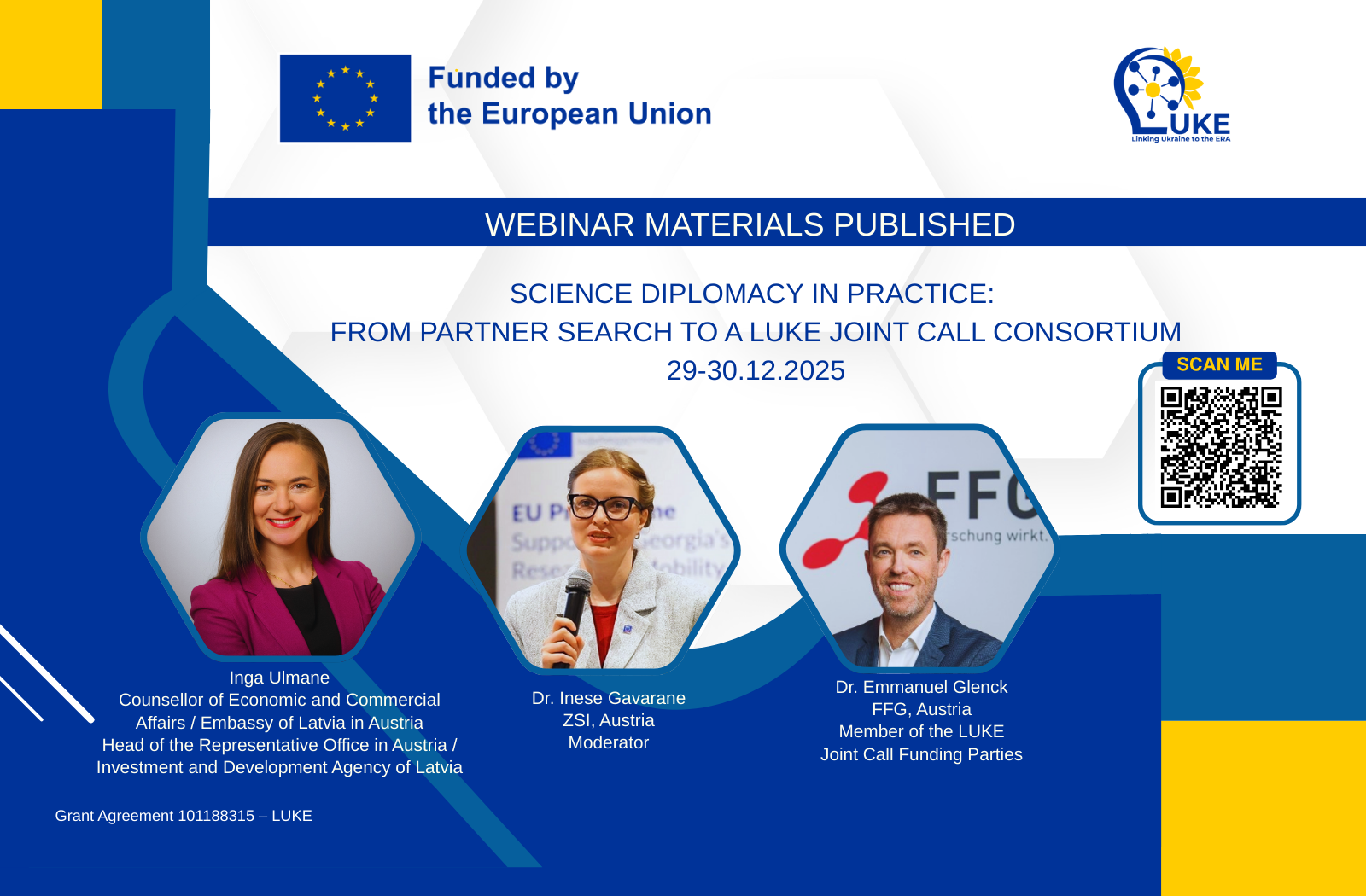Researchers from Uzhhorod National University create new compounds for medicine and energy
The importance of new compounds with high bactericidal and fungicidal effects (i.e., inhibit the development of pathogens) is hard to overestimate. Promising compounds are used to create new drugs that help to overcome diseases and improve the quality of life. Large pharmaceutical corporations spare no time, effort, or money for such research.
New compounds are also created in Ukraine. In particular, researchers of Uzhhorod National University (UzhNU) are implementing their project ‘Strategy for the direct synthesis of functional chalcogen-halide materials for medicine and energy needs’ with grant funding from the National Research Foundation of Ukraine (NRFU). The project with a total budget of UAH 9.5 million is to be implemented by the end of 2026.
Which compounds are being synthesized by the researchers? What have they done so far?
Mykhailo Slyvka, the PI, PhD, Professor of Organic Chemistry at UzhNU, explains that the team planned to create valuable materials with predictable properties for the needs of medicine and energy.
Even before the project started, the researchers formed a large database of samples (more than 500) and studied their properties. “This database makes it possible to predict a particular structure with valuable properties, as well as to search for target molecules through computer modeling,” the PI told. Then, we develop a synthesis strategy and appropriate methods. The next step is to study the physical, physicochemical and biological properties of the new samples. And finally, we outline the prospects for their application”, added the researcher.
Despite the fact that the project started in August 2024, the research team started working from the moment they submitted their application and as of today it has significant achievements. Two articles were published, and two more were accepted for publication in periodicals of the first and second quartiles. Three patent applications were also filed, and two chapters for a monograph were prepared.
The researchers created and tested more than two dozen new samples. Several samples have already been proven to have high bactericidal and fungicidal effects. “We want our materials to bring real benefits to people. This requires resources, time, and the victory,” stressed the PI.
The researchers are now studying other properties of the samples. They have synthesized new argyodite materials (which include tin, sulfur, and iodine). These substances can become the basis for special materials, such as ionic current conductors, and precursors for more powerful energy storage devices. Today, according to Professor Slyvka, his colleagues, specialists in inorganic chemistry, already have a precursor of a superionic material. The researchers hope to create a material with complex superionic properties based on this substance. This is a significant result, since these materials are essential for the country’s energy security.
The researchers are also studying optical properties of samples of hybrid substances consisting of organic and inorganic particles. The idea is that these materials can be used as converters of sunlight into energy, for instance, in the creation of solar panels.
“By the way, during our research, we not only created new materials but also developed new green approaches to already known technologies,” the PI continued.
The scope of the team’s research is not confined to the laboratory. In September 2024, the researchers organized a roundtable discussion “Organic Chemistry in Materials Science” during the opening of the XXVI Ukrainian Conference on Organic and Bioorganic Chemistry. Its main goal was to convey to the wider public the idea that organic substances are also a full-fledged object of materials science.
The conference sparked lively discussions among more than 150 participants and was also covered by the media. “It was an attempt to break the stereotype that materials science is only about ‘concrete and iron,’” recalls the researcher smiling. “New materials are not just building mixtures, structural elements, or polymeric materials. It is also about medicine, energy and other industries.”
The project is implemented by specialists in organic and inorganic chemistry, materials science, microbiology, and computer modeling. The group includes both promising early-career and world-class researchers. “We are fortunate to work with Oleksandr Kokhan, a great authority in the field of inorganic chemistry and materials science. There are also early-career researchers. They are very enthusiastic, do most of the work, express bold ideas, and are not afraid to argue and experiment. Then we all work together to develop these ideas into a clear concept,” the PI told. “We are grateful to the NRFU for the opportunity to implement this ambitious research. It will result in new compounds and an important research experience for the young part of our team.”
Svitlana GALATA






